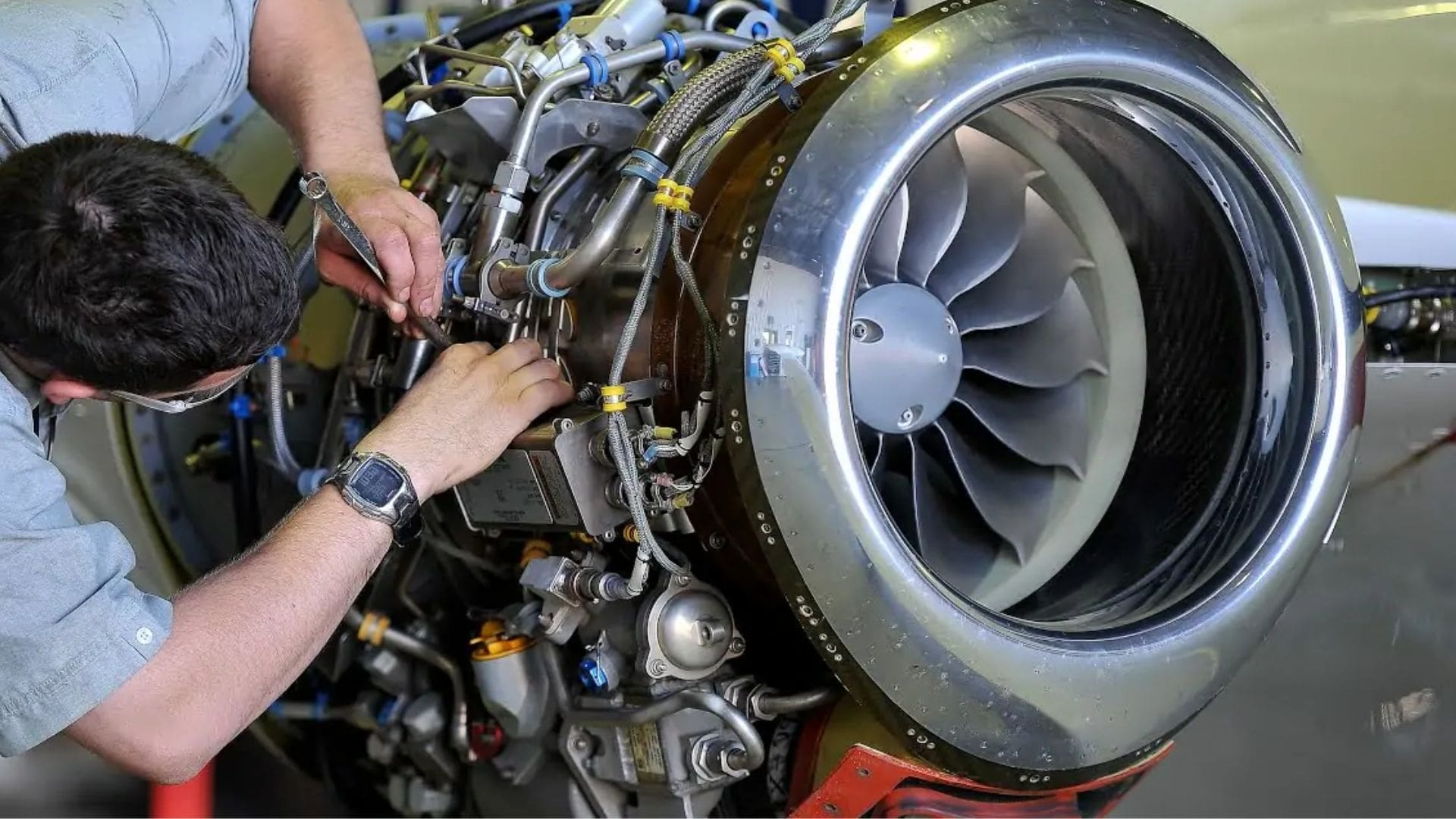Navigating Turbulent Skies: Challenges and Opportunities in France's Aerospace Industry
- France | 17 September 2023

France’s aerospace industry has long been celebrated for its rich history, technological prowess, and innovative spirit. However, like any sector, it faces a unique set of challenges that require careful navigation and strategic planning. From evolving market dynamics to technological disruptions and global uncertainties, the French aerospace industry must confront these obstacles head-on to ensure its continued success and growth. This article delves into the challenges faced by the industry and explores the opportunities that lie ahead, as France seeks to maintain its position as a global leader in aerospace.
One of the primary challenges facing the French aerospace industry is market volatility. Fluctuating oil prices, geopolitical tensions, and shifting consumer preferences impact airlines’ purchasing decisions, affecting aircraft orders and deliveries. Additionally, fierce global competition from established players and emerging economies puts pressure on French aerospace companies to remain competitive in terms of price, quality, and innovation. Striking a delicate balance between meeting market demands and maintaining profitability is crucial in this fiercely competitive landscape.
Rapid advancements in technology have disrupted traditional aerospace practices and opened up new avenues for innovation. France’s aerospace industry must adapt to emerging technologies such as electric propulsion, autonomous flight, and additive manufacturing. Embracing these disruptive technologies requires significant investment in research and development, as well as fostering collaboration between industry stakeholders, academic institutions, and startups. Integrating new technologies seamlessly into existing processes while ensuring safety and regulatory compliance is a challenge that the industry must address.
The aerospace industry faces increasing pressure to address its environmental impact, particularly in terms of carbon emissions and noise pollution. Stricter emissions regulations and rising public awareness of climate change necessitate sustainable practices and technologies within the sector. French aerospace companies are investing in research and development of electric and hybrid aircraft, exploring alternative fuels, and optimizing aerodynamic designs to reduce fuel consumption. Balancing the pursuit of innovation with sustainability objectives is a complex challenge that requires the collaboration of all industry stakeholders.
The COVID-19 pandemic exposed vulnerabilities in global supply chains, disrupting production and causing delays in aircraft deliveries. France’s aerospace industry relies on an intricate network of suppliers, both domestic and international, to meet its manufacturing needs. Ensuring supply chain resilience, mitigating risks, and diversifying suppliers are crucial to minimize the impact of future disruptions. Strengthening supplier relationships, enhancing transparency, and implementing robust contingency plans are necessary to overcome supply chain challenges.
Sustaining the growth and competitiveness of the French aerospace industry depends on nurturing a skilled workforce. The industry faces a significant challenge in attracting and retaining talent, particularly in the areas of engineering, data analytics, and digitalization. Collaboration between industry, academia, and government is essential to develop specialized training programs, apprenticeships, and initiatives that inspire and equip the next generation with the skills needed to thrive in the aerospace industry.
Despite the challenges it faces, France’s aerospace industry remains resilient and determined to overcome obstacles on its path to success. By actively addressing market volatility, embracing disruptive technologies, prioritizing sustainability, enhancing supply chain resilience, and investing in talent development, the industry can transform challenges into opportunities. The French aerospace sector’s rich legacy, commitment to innovation, and collaborative ecosystem provide a strong foundation for navigating the complexities of the global aerospace landscape. With strategic planning, adaptability, and a focus on continuous improvement, France’s aerospace industry is well-positioned to overcome challenges, seize opportunities, and maintain its position as a global leader in aerospace innovation.








